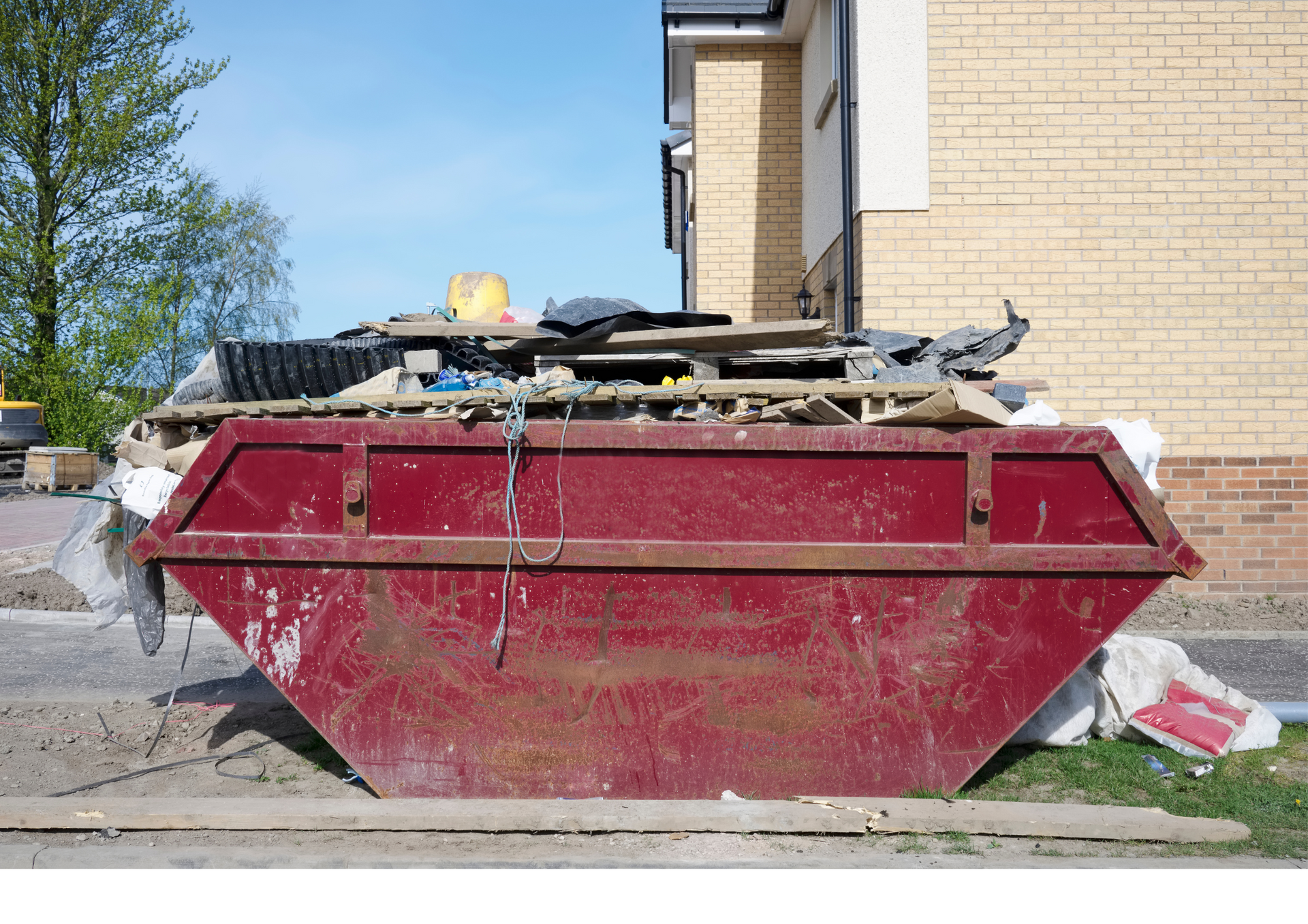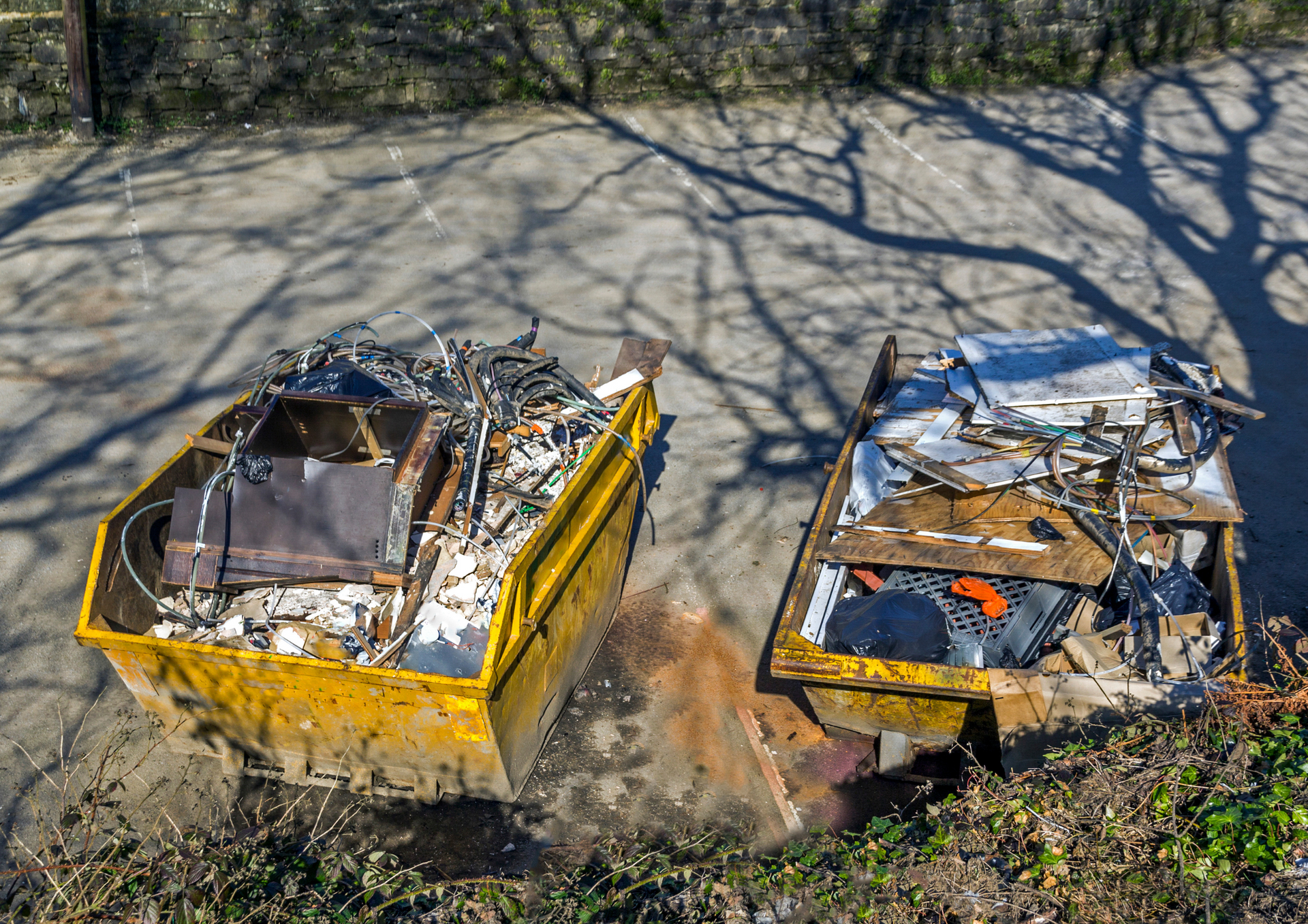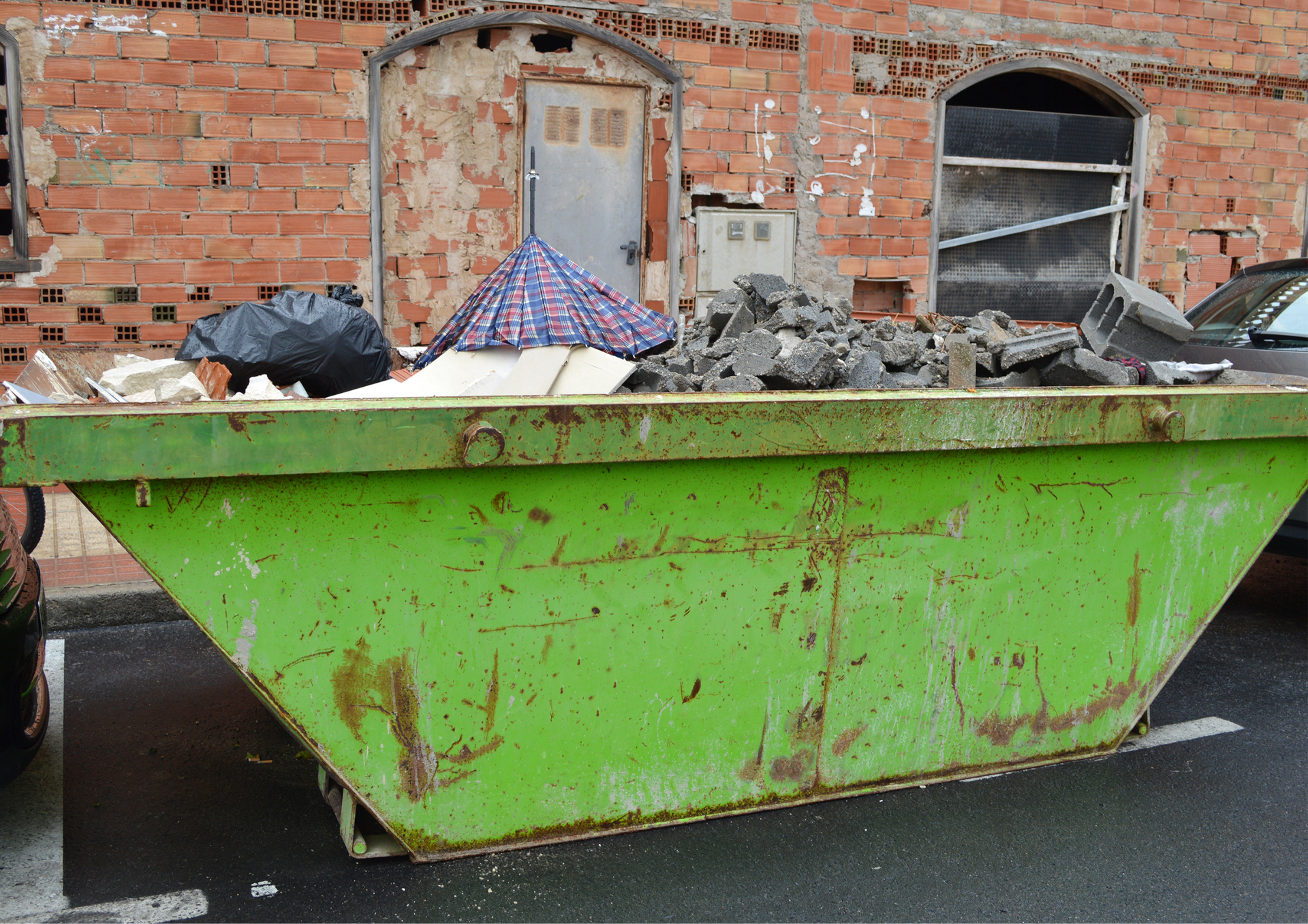Renovation Waste: Items You Can and Can’t Dispose of in a Skip
Renovation projects—whether you’re updating a single room, remodelling a business space, or undertaking a full property overhaul—often produce significant waste. Using skip hire helps you manage debris efficiently while ensuring your site stays clean, compliant, and environmentally responsible.
This guide explores what can and can’t go into a skip, along with practical tips to help you make the most of your Skip Hire service.
Understanding Skip Usage and Responsible Waste Management
Hiring a skip is one of the most efficient and cost-effective ways to manage renovation waste. From concrete and bricks to old fixtures and soil, skips handle a wide range of debris that comes from construction or home improvement projects. However, not everything can be thrown in—some materials pose environmental or safety hazards and require special disposal procedures.
Before ordering a skip, consider the type and volume of waste your project will generate. A reputable provider can guide you in selecting the correct size and advise on what materials are allowed. Understanding these rules not only prevents legal issues but also supports sustainable practices by ensuring recyclable waste is properly sorted and reused whenever possible.
What You Can Put in a Skip
For most renovation projects, skips can safely accommodate a wide range of materials. These include general building waste such as bricks, concrete, rubble, tiles, and plaster, as well as wood and metal items like old furniture, wooden frames, and fittings. Garden waste—such as soil, branches, leaves, and turf—can also be disposed of in a skip, along with non-electrical household items like carpets, doors, cabinets, and similar materials. All of these can be safely placed in a skip without additional treatment, as they are non-hazardous and recyclable through licensed facilities.
If you’re searching online for skip hire near me, ensure the company you choose provides clear guidance on acceptable waste types. Local specialists tend to offer better advice on regional recycling regulations, making compliance easier while keeping disposal costs reasonable.
What You Can’t Put in a Skip
Certain items are prohibited from being placed in skips because they can harm the environment or pose health and safety risks if disposed of incorrectly. These include hazardous materials such as asbestos, chemicals, paints, solvents, and fuel, as well as electrical appliances like fridges, TVs, computers, and microwaves, which fall under WEEE regulations. Tyres and batteries are also restricted due to their toxic components that require specialised handling. Additionally, medical or biological waste—including syringes, medications, and sanitary products—must be disposed of through authorised channels to ensure proper treatment and environmental protection.
When unsure, always check with your skip provider. Some companies can arrange separate collections for restricted items or direct you to authorised recycling centres. Avoiding contamination keeps the waste stream clean and prevents potential fines for improper disposal.
If you’re working to a budget, comparing skip hire prices across reputable providers can help you find the best value for your project. Transparent pricing with clear exclusions ensures you only pay for what you actually need.
Maximizing Efficiency and Sustainability During Renovation
Proper skip use doesn’t just simplify cleanup—it also contributes to eco-friendly renovation practices. Efficient loading, for example, makes a big difference: breaking down bulky items and layering materials neatly can help you fit more into one skip, saving space and money.
Before disposing of anything, consider whether it can be repurposed or donated. Old doors, windows, or fixtures can often find a second life in other projects or through community reuse centres. When you work with cheap skip hire providers who prioritise recycling, you help reduce the amount of waste ending up in landfills.
For ongoing or large-scale projects, local skip hire services are ideal, offering faster delivery and collection times. They’re also more familiar with local council permits, especially if your skip needs to be placed on public roads.
Managing renovation waste responsibly starts with knowing what can and can’t go into a skip. By sorting materials correctly, using space efficiently, and partnering with a reliable provider, you can complete your project smoothly while protecting the environment. Whether you’re a homeowner renovating your kitchen or a construction company overseeing multiple sites, using
Skip Hire ensures safety, compliance, and convenience throughout your cleanup process.
At
Skip Hire Harrogate, we pride ourselves on offering dependable, affordable, and environmentally responsible skip services. Our team provides tailored advice on
skip sizes, waste types, and disposal regulations to make your renovation or clean-up project as seamless as possible.
We combine professional service with a local touch—offering prompt deliveries, flexible schedules, and transparent pricing. Whether it’s a one-time renovation or regular waste collection, our skip hire expertise and commitment to sustainability make us the trusted choice for efficient, eco-friendly waste solutions.
Latest post on X: Renovation waste disposal –
skip hire do’s and don’ts explained!




